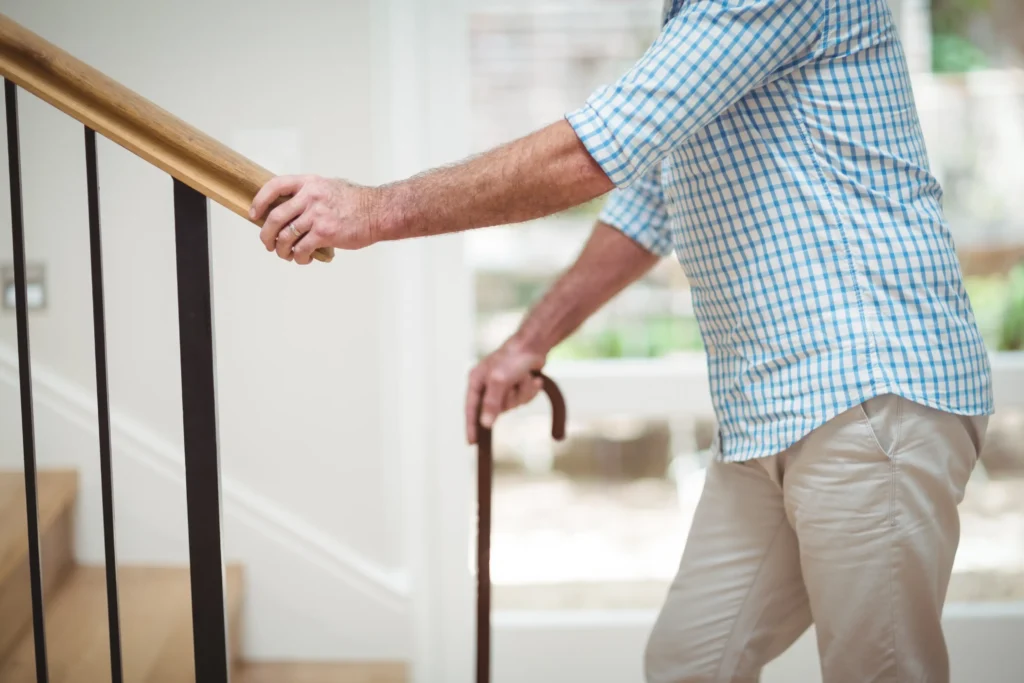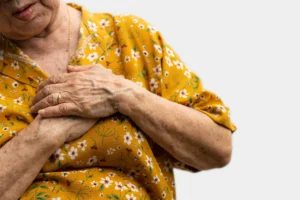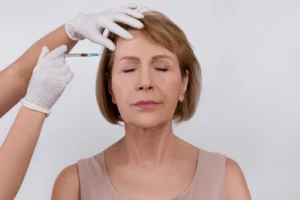As elders get older, keeping their freedom and safety at home becomes more crucial.
Tripping and falling are some of the top causes of injury in older persons, sometimes resulting in significant health consequences.
However, many accidents can be avoided by making sensible changes to the home environment.
Some prevention techniques, such as removing tripping hazards, enhancing lighting, and employing assistive equipment, help reduce the risk.
Concentrating on home safety and preventative measures can help seniors continue to live comfortably and securely in their homes, reducing the chance of accidents and creating a safer living environment.
1. Address Mobility Issues

Prevent your elderly from falling with home safety
To give support and stop falls, add grab bars and handrails in places like stairwells, corridors, and restrooms. Make sure the floors are clear of debris, and think about putting either rugs or non-slip mats. In places that are regularly used, enough lighting is essential so consider installing motion-sensor lighting and nightlights. Stair lifts and ramps can provide safer options if climbing the stairs is an issue. Additionally, take into account mobility aids like walkers or canes and move furniture to provide open, broad walkways. Frequently evaluating the living space can assist in detecting and reducing emerging dangers for seniors.
2. Bathroom Safety
Bathrooms provide serious risks to senior citizens because of their confined size and slick surfaces. Accident risk may be decreased by putting grab bars close to the shower and toilet, utilizing non-slip matting, and making sure there is enough illumination. Walk-in tubs and hand-held showerheads make bathing safe and convenient, while raised toilet seats or shower chairs offer extra assistance. These adaptations help elders preserve their mobility and dignity while being secure in their homes, preventing falls while also fostering independence and peace of mind.
3. Kitchen Safety
To lessen the danger in kitchens, rearrange the cabinets so that commonly used things are easily accessible, avoiding the need for elders to climb on stools or lean down too much. Ensure that sharp things, such as knives, are stored safely. If standing for long periods becomes problematic, consider creating lower counters or workstations where elders may do their chores while sitting. To avoid sliding accidents, spills should be cleaned up quickly. Installing non-slip mats in front of the sink and stove can also help to lessen the danger of falls.
4. Review Medications
Certain drugs may cause dizziness, drowsiness, or other adverse effects that raise the risk of falling. Medication should be reviewed with a healthcare practitioner on a frequent basis to verify that there are no harmful interactions or side effects. Seniors should also be mindful of the risk of dehydration, which can impair balance, and remain hydrated by consuming enough of fluids. Seniors can reduce the risk of these adverse effects by exploring alternatives or changes with their doctor while maintaining the effectiveness of their therapies.
5. Balance Training
Regular exercise is crucial in preventing falls as it helps elders to maintain their strength, flexibility, and mobility. Stability can be enhanced with yoga and light resistance training. For seniors who are frightened of falling, these activities not only increase muscle tone but also foster confidence, which is crucial. Developing a customized exercise program with a healthcare professional is an excellent way to address specific mobility difficulties. There are fitness programs and senior centers that provide classes designed specifically to help seniors gain strength and balance in a secure environment.
6. Encourage a Support System
Seniors should not have to handle fall prevention on their own. Family members, caretakers, and friends play critical roles in ensuring their safety. Regular check-ins, whether by phone or in person, assist to monitor the well-being of the seniors and warn other people of any threats. A medical alert system or wearable gadget that detects falls and alerts emergency personnel might bring comfort, especially to the seniors who live independently. These devices can be especially beneficial to persons who are at a higher risk of falling and may not be able to access a phone in an emergency.
It is crucial to protect the elderly from falls and improve their safety as it guarantees their independence and wellbeing. You can make the home safer with a few easy upgrades like grab bars, better lighting, and the removal of trip hazards. Strength and balance are also maintained by frequent medical exams and physical activity. Seniors may live safely and pleasantly in their homes thanks to these preventative steps, which drastically lower the chance of falls.




